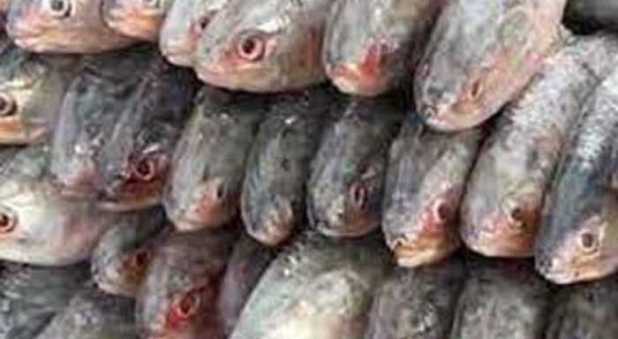
Chennai, Apr 13 : Prices of fish were expected to go up as the 61-day annual ban on deep sea fishing by mechanised trawlers along the East Coast of Tamil Nadu and Puducherry, would commence from midnight tomorrow. The ban would be in force till June 14. In order to conserve the marine fishery resources, seasonal fishing ban is imposed every year since 2001. The 61-day fishing ban period is implemented from April 15 to June 14 in the East Coast region and June one to July 31 in the West Coast region (Rajakkamangalamthurai to Neerodi). During the year 2021-22, a sum of Rs.85.62 crore was disbursed to 1,71,234 fishermen families of 14 coastal districts and this scheme will be continued in the year 2022-23 as well, Fisheries Minister Anitha R Radhakrishnan said, while moving the demand for grants for his department in the State Assembly today. Around 6,000 mechanised boats, across 13 coastal districts in the State, will not venture into the sea for fishing during this ban period. Any violation will attract a penalty under Section 5 of the Tamil Nadu Marine Fisheries Regulation Act, 1983. The ban is enforced by the State government from Tiruvallur district in the North to Kanyakumari district in the South, under the provisions of Centre’s Deep Sea Fishing Regulation Act, 2001 and would be in force till June 15 to facilitate breeding of fishes and conservation of fish stock in marine ecology in the region. However, catamarans, non-motorised, country boats and Fibre Reinforced Plastic (FRP) boats would go for fishing since they could go only up to three or four nautical miles,” official sources said, adding, a financial assistance of Rs 5,000 would be paid to about 1.71 lakh fishermen families during the ban period. As mandated by the Tamil Nadu Marine Fisheries Regulation Act, 1983, the ban was enforced for “conservation of species propagation” during the breeding season. The officials have instructed mechanised boats fishermen not to venture into the sea to avoid disturbance caused by trawlers to marine life during the breeding season. The fishermen would utilise the ban period to mend their nets and take up overhauling works of their boats. Overhauling of engines, dry docking, carpentry works and painting of vessels would be carried out during the ban period for which the boat owners would spend around Rs two lakhs to Rs five lakhs every year. With a view to enforcing the ban strictly, enforcement agencies would be involved in joint patrolling. Meanwhile, the prices of fish were expected to shoot up in view of the ban as the arrivals would come down significantly. The increase in prices is likely to be in the range of 50 to 75 per cent. Meanwhile, various fishermen’s organisations had long been demanding that the ban period should be shifted from April-May to October-November -December, during the northeast monsoon and the State government is yet to take a call on the issue. GV 1500

